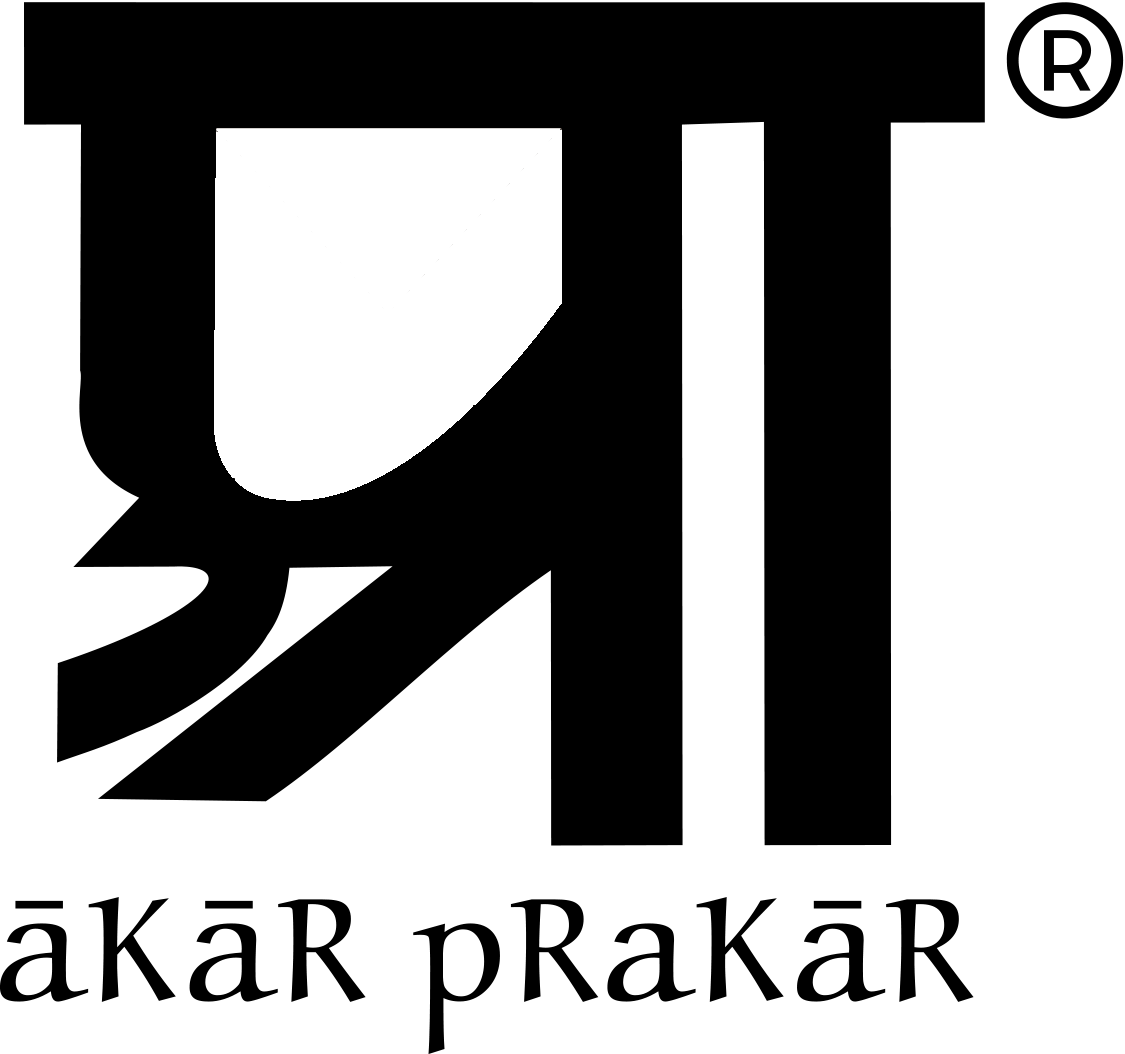artVarta Publishing Grant 2021: Song of the River – Curating Music, Memory and Modernity
A Virtual Exhibition of River Songs by Women in the Hindustani Tradition
by Shantanu Majee and Biswadeep Chakraborty
Recipient of artVarta Publishing Grant 2021
The Ganga riverside in Patna, Bihar. Source - Wikipedia Commons
Scanning across 8,000 hours of digitized Hindustani music at the Archive of North India Classical Music, Jadavpur University, the artVarta project proposes to curate an online exhibition where audio artifacts bearing the palimpsestic historicity of the ‘Ganga-Jamuna Tehzeeb’ will be presented with all its interconnections through songs of the river, namely the representative Thumri, Dadra, Ghato, Sawan, Jhoola, Kajri and more, with the river as the subject, and sung by women artists of the early and middle twentieth century.
The virtual exhibition will unravel the dynamics of women artists singing songs essentially composed in the feminine voice, for a river with the persona of the female in the public imagination, by engaging with the musical practice and lifestyle of North India's hereditary professional women musicians called tawaifs, who are glossed in English as courtesans. They embody and enact a gendered cultural and aesthetic ideal that throughout history has been the site of both celebration and contempt. The recording of their performances will evoke, on a pragmatic level, embodied memories of the river in the daily rituals of rural India. The same will be put to use in strengthening the eco-feminist connection between the woman and environment by a detailed study of the music-text. It will also hold a mirror to the tradition as a cluster of spaces wherein the performer could express her creativity, re-articulating her awareness of the socio-aesthetics of her milieu and, in likewise manner, generating new meanings in the process.
On the digital platform, the initiative will publish the research outcome as a virtual exhibition, where all the digital-tools specifically accessed during the project vis-à-vis TimelineJS and StoryMapJS, which will be present along with another digital tool called SoundCite-JS, which is a simple-to-use tool that lets one add inline audio to the narrative structure where the audio is not isolated; but plays right under the text. The website will enable the audience/patrons to engage with the whole idea of the ‘river-songs’ in the Hindustani tradition from the comfort of their home.
The virtual exhibition will be interspersed with regular Zoom webinars conducted at the concerned host platform, wherein resource persons with specific expertise will be invited to engage with the artifacts in varied nature, and thereby yield a more layered experience for the visitor of this online exhibition. Online discussions organized across the duration of the exhibition will enable participants to generate a better understanding of the concerned research field. The webinars will be conducted through paid subscription of Zoom which will allow live streaming on YouTube and Facebook, and hence maximize audience interaction through live chat. If funds permit, the initiative may propose to end with an online musical concert celebrating the legacy of ‘river songs’, in order to ascertain the fact that such practices are but living traditions in the cultural life of the nation.
Image 1: Representative Image of StoryMapJS (source: https://storymap.knightlab.com/)
Image 2: Representative Image of TimelineJS (Source: https://timeline.knightlab.com/)
Image 3: Representative Image of SoundCite-JS (Source: https://soundcite.knightlab.com/)
Shantanu Majee is an early career academician from Kolkata, currently employed as Assistant Professor at the Department of English, Techno India University, West Bengal. He pursued his M.Phil. and Ph.D. on nineteenth century studies. He has contributed to digital humanities and cultural informatics through his engagement as Project Fellow in the collaborative project between the School of Cultural Texts and Records (SCTR), Jadavpur University, Kolkata, and the British Library, UK, on the Digitization of South Asian Archival Resources, which was funded by Sir Ratan Tata Trust (SRTT), Mumbai. The SRTT Audio Archive comprises a great deal of rare material from private collections, spanning across varied technologies of sound recording such as the 78 rpm Shellac records, Long Playing Vinyl records, Spool Tapes, Audio Cassettes and more. The archival experience will lead to the constitution of ‘Song of the River’ initiative for the latest edition of artVarta Grant, which will be to curate an online exhibition of ‘river songs’ sung by women artists in the Hindustani tradition preserved at the SCTR archives. For their artVarta proposal, Shantanu is the principal investigator, and Biswadeep Chakraborty the collaborator.
Biswadeep Chakraborty is pursuing his Ph.D. on the ‘History of Printing and Printmaking in nineteenth century Calcutta’ at the Department of History, Visva Bharati – Santiniketan. He has published on sound archiving and digital humanities, along with focusing on the life and times of Wajid Ali Shah's Lucknow, which was the subject of his M.A. dissertation. He was a UGC Project Fellow at the School of Cultural Texts and Records, Jadavpur University, Kolkata. Besides digitizing archival audio collections, he has also contributed to a project to digitize and encode, in XML-TEI, the manuscript of Michael Madhusudan Dutta’s ‘Tilottoma Sambhaba Kabya’ as a part of the transcription and encoding team. He has been a faculty in the PG Diploma Course on ‘Digital Humanities and Cultural Informatics’ at the School of Cultural Texts and Records, Jadavpur University. He is currently employed as Project Assistant at the Archive of North Indian Classical Music at the School of Cultural Texts and Records, Jadavpur University, under the RUSA 2.0 programme.






